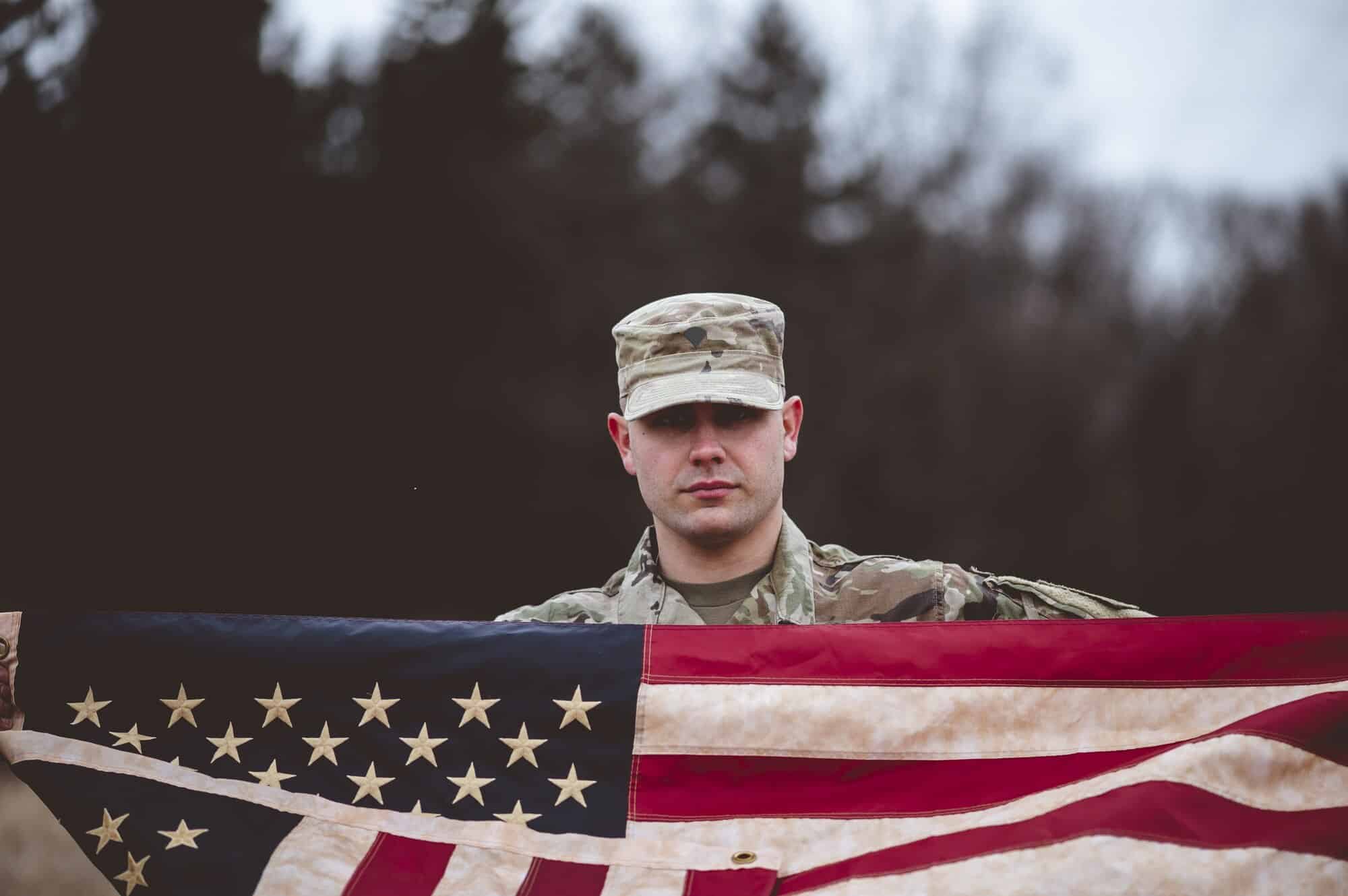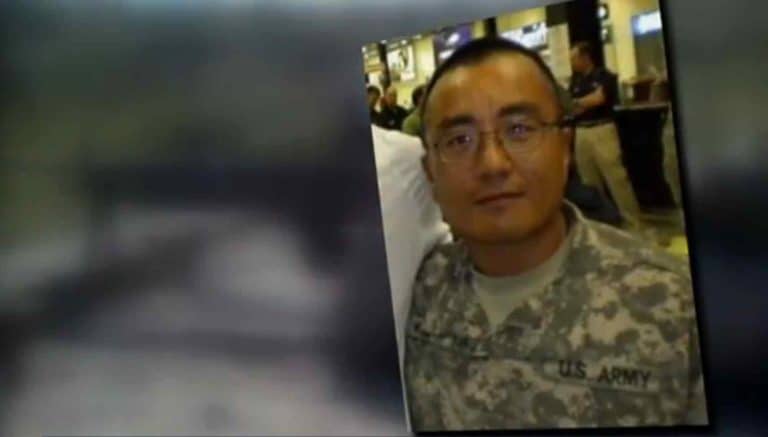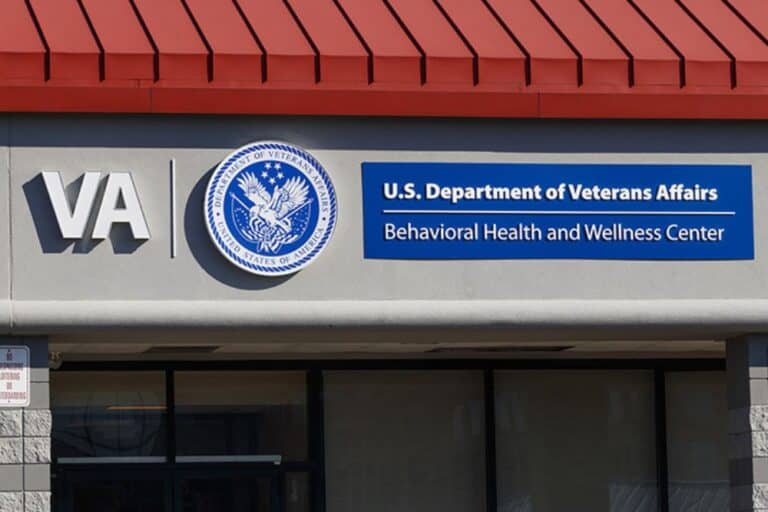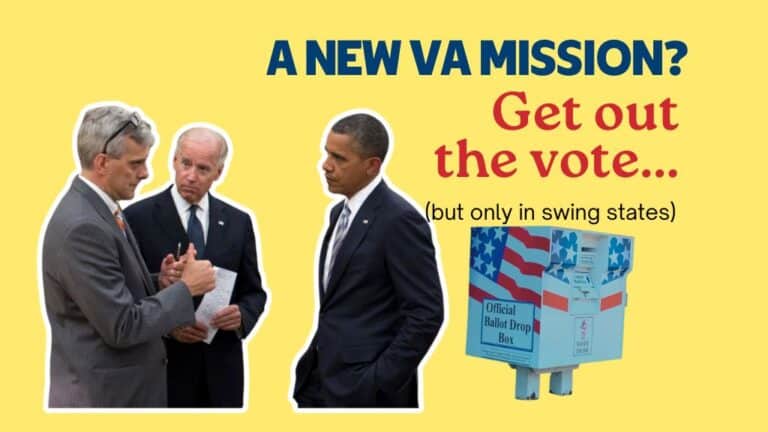Federal Law Forces Disabled Veterans to Repay Payouts, Exposing Long-Standing Oversights
The content in this article does not represent the views of Disabled Veterans or its staff; it is compiled from various news sources around the web for informational purposes.
A little-known federal law has compelled over 120,000 disabled veterans to return special separation pay received upon leaving the military, according to newly revealed data. This issue, which has surfaced through an NBC News investigation, has pushed many veterans into financial hardship. The law, intended to prevent veterans from “double-dipping” by receiving both disability and separation pay, has sparked renewed criticism and calls for reform.
The Impact of Clawbacks:
Over the past 12 years, nearly 122,000 veterans have been forced to repay their separation pay, with amounts sometimes reaching tens of thousands of dollars. These recoupments, enforced by the U.S. Department of Veterans Affairs (VA), have had a devastating effect on many veterans. For instance, Vernon Reffitt, who received $30,000 to leave the Army over 30 years ago, now faces a 15-year repayment plan. Others, like Shawn Teller, are seeing their disability payments withheld, causing financial strain and forcing difficult lifestyle changes.
Inconsistent Enforcement Raises Questions:
Data from the VA shows fluctuating numbers of recoupments over the years, with no clear explanation for the spikes and drops. In fiscal year 2018, the VA recouped payments from over 17,000 veterans, the highest annual amount recorded. However, these numbers decreased until the introduction of the PACT Act in 2022, which expanded benefits to veterans exposed to toxic substances. This legislation coincided with a resurgence in recoupments, raising questions about the VA’s processes and oversight.
Errors and Oversights:
The VA has acknowledged several cases where veterans, who were improperly paid both benefits, only faced recoupment after filing claims under the PACT Act. Veterans like Teller and Reffitt had been receiving both payments for years due to VA errors, which were only corrected after these veterans sought additional benefits. The VA’s failure to detect these errors earlier suggests a deeper issue within the system, where veterans are penalized for the agency’s oversights.
Limited Options for Veterans:
Veterans affected by these clawbacks have limited recourse. While waivers can be pursued in certain cases, the criteria are stringent and not well-publicized. The Air Force, for example, has granted a handful of waivers, but many other veterans remain unaware or ineligible for relief. Despite efforts by advocates and lawmakers to address this issue, progress has been slow, leaving many veterans struggling with financial uncertainty.
Calls for Reform:
Advocates argue that the current system is unfair and that the law should be revised to prevent these clawbacks from happening. They emphasize that separation pay and disability compensation are distinct benefits, each tied to different aspects of military service. Legislative efforts, such as a bill introduced by Rep. Ruben Gallego, aim to change this law, but progress has been hampered by the potential cost of such reforms.
FAQs:
1. What is special separation pay?
Special separation pay is a one-time, lump-sum payment offered to service members as an incentive to voluntarily leave the military during downsizing periods.
2. Why are veterans required to repay their separation pay?
A federal law prohibits veterans from receiving both disability compensation and special separation pay. If a veteran begins receiving disability benefits, the VA is required to recoup the amount of separation pay previously received.
3. How does this law affect veterans financially?
Repaying separation pay can cause significant financial strain on veterans, especially those on fixed incomes or facing medical issues. Some veterans face years of withheld disability payments to repay the debt.
4. What options do veterans have if they are affected by this law?
Veterans can apply for a waiver of the recoupment, but the criteria are strict and only granted in limited cases. Legal and advocacy groups may also provide assistance in challenging these recoupments.
5. Is there any ongoing effort to change this law?
Yes, there are ongoing legislative efforts to amend the law, but progress has been slow due to concerns about the financial impact of such changes.





Round 2018 it was.. they were suggesting that people should be forced to come to VHA so they could assassinate their character and monitor them. Yeah right mother fuckers. Someone in there is gonna get the shit beat out of them. You’d swear to God there was no higher leadership at all there.
VA mental health..any of those people can just tell you to get out and there’s not a fuckin thing you can do about it. If they ask you a question and you don’t want to answer it because you don’t trust the individual (for good reason) they’ll just lead you to the front door. The VA will not hold those kinds of people accountable and many of them will get a job there not really caring if they get punished for this kind of behavior not. So you don’t have any rights to a fuckin thing when you go in there. That alone is why it’s a bad deal. Never experienced this with the medical doctors.. it’s always the psychologist, nurse, social worker etc. What is wrong with those people?
The employees there who ARE NOT actual medical doctors aren’t/wouldn’t be successful outside of that system. Don’t believe any one of them who says “I don’t have to be here.” The best people ARE NOT at VA and you can see how a system like VA would do favors for people who would have to shape up if they weren’t there. You are doing THEM a favor.. not the other way around. You’re making them money and helping them NOT the other way around. And they don’t provide complete healthcare at VHA so the joke is on everyone. Private care that you pay for is above and beyond better. You get what you pay for every damn time and every damn dime. Do not feed those fuckers in there. Demand insurance cards.
This is not all true. I have ALS and go to an ALS Clinic in Tampa run by the VA in VISN 9. The entire staff there has treated me with the utmost respect and professionalism. Nothing has been neglected in my treatment. They have outlined the services available to me and provide anything I request as long as it is medically necessary.
When you condemn the entire system it fails to address the whole truth. There are deadbeats who work at the VA, but that is the truth for everywhere, not just the VA. It is just harder to weed them out because the belong to Unions protected by the Federal Government. This includes those who hold high positions of authority right down to those who garner high paying GS positions that they are unqualified to hold.
Just wait until you have something that’s medically necessary and they determine it’s not. For instance, spiral problems that require surgery for you to live any kind of descent life..they won’t do the surgery. They’ll tell you to wait until it gets much worse. What you’re talking about is obvious medically necessary. As in, they can’t get away with not doing it or they’ll loose all credibility. Outside care is better bottom line. It’s much quicker, and I’ve NEVER had a problem outside VA.. ONLY with VHA.
Hi John Hill,
I did that. I took the problem to the VA after they told me I needed a 4 level fusion of my cervical spine. At the time, I was going to a non-VA neuromuscular specialist on my dime. Equipped with all of my records, I met with my primary care provider and within 14 days the VA authorized the surgery.
Not all VA Doctors are idiots. Sorry if you ran into more than your share of them (I know for sure they are there) but you usually do not toss out the entire bushel of apples because you had 1 that was not ripe.
VHA is a criminally fraudulent and malfeasant organization from top to bottom. Purely a redistribution apparatus and not a functional healthcare system. They thrive on people who don’t think critically and don’t have any other choice but to participate in their phoney baloney theater production. You need serious help? You’re gonna find out the hard way that you were taken for a ride. They false advertise…
It’s just another arena for Americans to be abusive towards one another, fight each other, and neglect others. Do away with it today for the love of God man send those federal workers home with a big check and wrap it up. So much denial of care and abuse.
The “heathcare” that veterans get isn’t even worth that much. Of course they will pay hundreds of people $50,000 a year or more to tell you you are denied care. It’s a scam system, flawed healthcare model, it never work to matter how much money they throw at the problem because of the kinds of dead beats that the VA hires. They’ll basically hire anyone no matter how irrational or mentally ill themselves.
@Johnny5 Well they fucked me then. Told me literally when I was pissing myself they’d authorize it. I went through the same thing with outside Dr. Came back to VHA and they started sending me to physical therapy and chiropractor. That’s not appropriate. There’s got to be some other reason besides the doctor didn’t want to recommend it. It was necessary. Telling someone who is dizzy with incapacitation episodes that’s they’ll have to wait until they are completely immobile is insane. I left VHA and now I can’t do shit but go to the grocery store. These mother fuckers aren’t accountable to anyone and nobody should have to beg them or keep coming back year after year and be denied care. I fuckin left.
This does stink. If a Vet is asked to leave and given separation pay it should be a done deal. Then, if an injury from active duty gets worse decades after the Vet is separated, it should have no impact on separation pay. The Govt asked that Vet to separate. It is not associated with the injuries experienced by the Vet during the time he or she honorably defended our country. This is a violation of not only good will, but also of the rights of the individual to due process by the VA. The law should be null and void 20 or 30 years later.